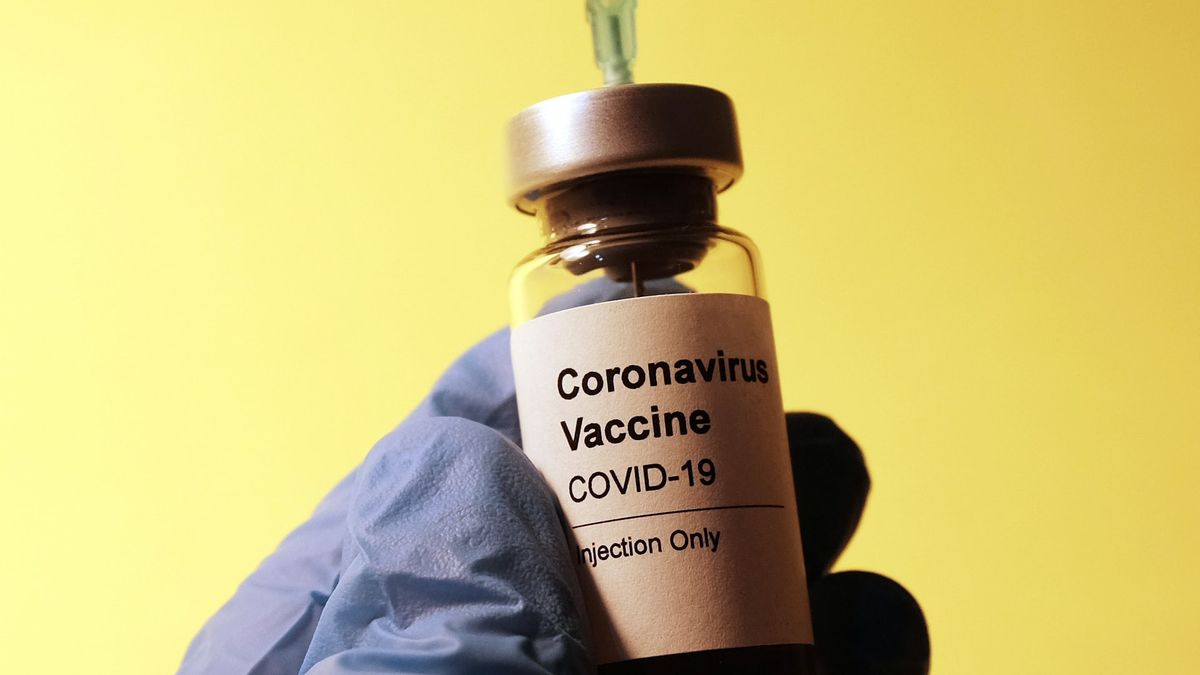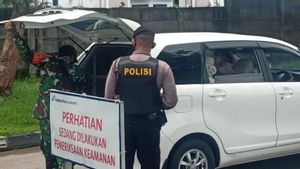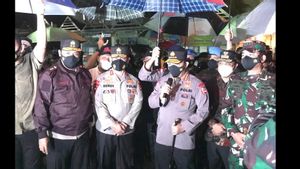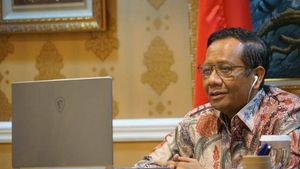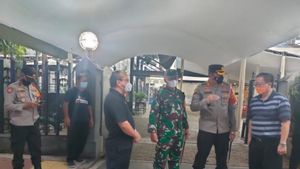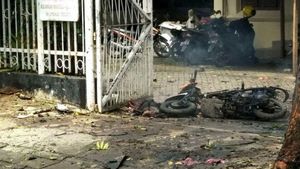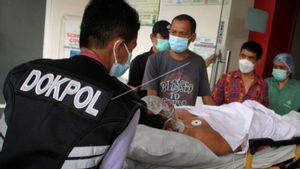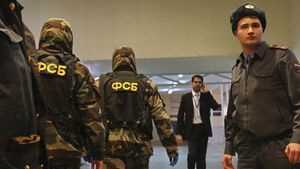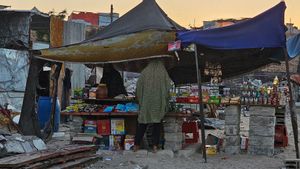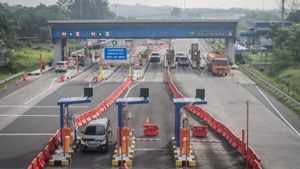JAKARTA - Chairman of the PAN Party Faction of the Indonesian House of Representatives, Saleh Partaonan Daulay, asked the government in particular, Minister of Health Budi Gunadi Sadikin to immediately think about alternative procurement of vaccines for the need for national vaccination.
Given the planned embargo on vaccines from several vaccine-producing countries. He is worried that the embargo will interfere with the continuation and smoothness of the implementation of the COVID-19 vaccination in Indonesia.
"This vaccine is an urgent need. Apart from implementing health protocols, vaccination is also a solution in breaking the chain of the spread of the COVID-19 virus. Therefore, the government is obliged to provide vaccines for 70 percent of the target population", said Saleh, Monday, 29. March.
Meanwhile, he continued, if using the existing scheme, Indonesia would need 420 million doses of vaccine to meet the needs of 181.5 million citizens.
"This number is very large. It is not enough to rely on just one producer", said Saleh.
SEE ALSO:
The member of Commission IX of the House of Representatives (DPR) urged the government to prioritize the procurement of vaccines in the country. He considered that the Red and White Vaccines and the Nusantara Vaccines were not inferior to imported vaccines. In fact, said Saleh, according to the researchers, Nusantara vaccines are better than imported vaccines.
"Surprisingly, the Nusantara Vaccine has not yet received permission to continue the second phase of clinical trials", he explained.
In fact, said Saleh, if the permit is granted, the Nusantara Vaccine is expected to be ready for production in the coming July.
"For domestic products, the Nusantara Vaccine is more advanced than other red and white vaccines. This is because it has entered the second stage of clinical trials. Meanwhile, other Red and White Vaccines are estimated to be able to undergo clinical trials by the end of 2022. It is not wrong if then many people hope that on the Nusantara Vaccine", said Saleh.
For this reason, Saleh hopes that the Ministry of Health, the National Agency of Drug and Food Control (BPOM), researchers, sponsors, and parties involved in the Nusantara Vaccine research can sit together to discuss the continuation of its development.
He suggested that the right formulation should be found to equalize the differences in perceptions and views related to the research being carried out. That way, said Saleh, this research could be continued immediately.
"The government cannot remain silent. In the midst of the current embargo issue, government intervention is a determining factor. Don't let other countries get ahead of us in dentist vaccine research like this. Indonesia must be independent and sovereign in order to protect the health of citizens", he said.
The English, Chinese, Japanese, Arabic, and French versions are automatically generated by the AI. So there may still be inaccuracies in translating, please always see Indonesian as our main language. (system supported by DigitalSiber.id)
